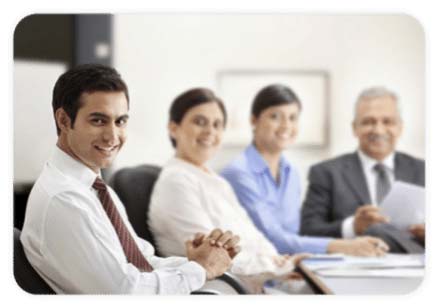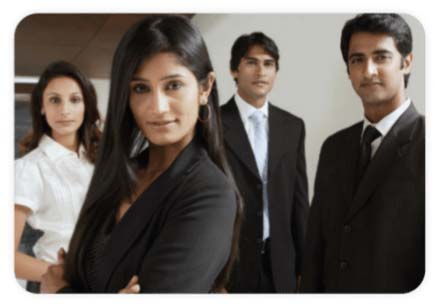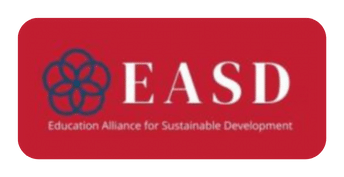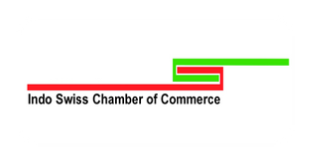SLX has launched Live Master Classes with deeper insights into sustainability, by industry experts. Enroll for the 45-minute session for free!

The certification course offers input from various experts from the industry. The course is validated globally with an industry-validated skills framework.

Do you want your job to be value-oriented? Or would you like your present job to shift focus towards meaning and value? Take this certification course and build what you are looking for!

The certification course will diversify your skillset. This will help you find better work opportunities in better companies!
The sessions will be delivered by world class faculty members with vast experience in the field of education and sustainability.
Our Certifications will help you integrate sustainable development processes and practices with ease into your deliverables & activities.
Our certification courses have comprehensive reference material on Sustainability, ESG, and many related topics.




I don’t think it is controversial to say that clean water needs to be accessible to the whole world. The United Nations (UN) has an entire sustainable development goal (SDG), clean water and sanitation, dedicated to making this a reality. However, the facts around SDG 6 are quite depressing if you compare the number with the world’s population
This is not to say we haven’t made progress; we have. The issue is that any development in this sector has been painfully slow. It is plagued with roadblocks and major setbacks. Before we dive into these issues, let us briefly explore what is water pollution, its sources and effects.
Our earth and all of us in it lose access to clean water when one of its water bodies (e.g. lakes, rivers, oceans) gets contaminated. Water pollution happens when toxic chemicals enter these water bodies. Toxic chemicals can from a range of different sources. To name a few of these common sources –



All of this degrades our water quality. Water pollution is not only a massive threat to our aquatic ecosystem, but it also trickles down and mixes with our groundwater. This groundwater is what a lot of us utilize for drinking, bathing, and cleaning.
It is easy to think that the lack of access to clean water is predominantly a Global South issue. Unfortunately, it is not. This is a problem that is affecting both developing and developed countries alike.
If we do not find a solution for the clean water problem, which is clearly an issue for all of us, we are going to be in a major predicament. We all stand to lose our access to clean water, our health, our aquatic ecosystem and many of our livelihoods that depend on it. So, what can we do?
As a first step, we as the people of the planet should become aware and create awareness about the clean water crisis. Taking it a step further, let us change how much water we consume and ensure we don’t waste it. This means, turning off the tap when it is not needed, having short showers, not using the bathtub, etc. We should follow the footsteps of the people who have rainwater harvesting systems at their households and truly become self-sufficient.

However, this will not be enough. Industrial water use accounts for 19% of global consumption. Corporates will need to decrease their water footprint. One of the ways they can solve this issue is by investing in water recycling infrastructure for their buildings. An indirect way they can support this cause is by investing in water conservation technologies. These are tools that can help reduce water scarcity by finding ways to conserve, distribute and improve the quality of clean water. These technologies will play a major role in solving the water challenge that is plaguing our farmers.

Read: Drip Irrigation – Can Little Drops Of Water Be Our Friends?
None of the above solutions will work if there are no strict policies and regulations that address the water pollution problem. Factories should not be allowed to discharge polluted water into our environment without facing serious repercussions. They should be regulatorily required to treat their water in an environmentally friendly way. These factories can also self-regulate themselves, which in my opinion would be the most encouraging and wholesome thing to witness.
It is evident that the clean water crisis cannot be solved by a single group of people. In a way, it is poetic because it is an issue that is affecting all of us. So, it is only reasonable that I ask, we will need to set aside our differences and work together to save our collective future.
To Know More About Access to Clean Water and Sustainability Browse Our Courses